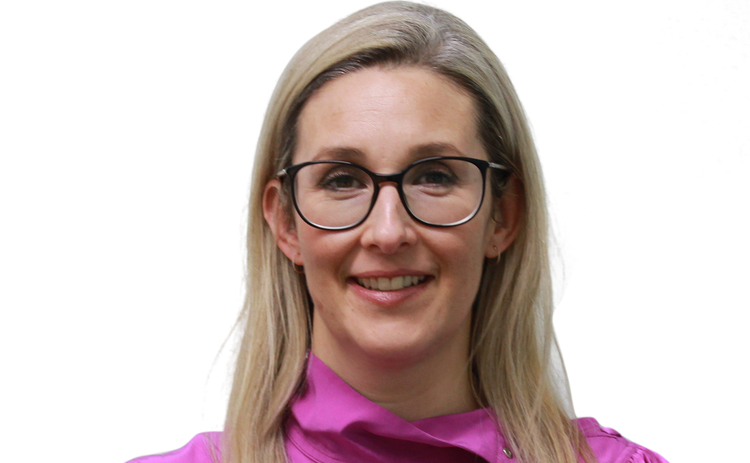QBE research reveals the most unpredictable year in last 30 years

Businesses may be less prepared for unexpected events than they think, warns Cécile Fresneau, of QBE.
If the years since the UK's EU referendum and Trump's election have taught us nothing else, it's that life can be unpredictable.
Unique research by QBE Business Insurance empirically proves the world is getting more unpredictable. The QBE Unpredictability Index finds that the world has become more unpredictable over the last 30 years with economic and business factors the principal drivers of uncertainty over the last decade.
Across five pillars that form the Index - economic, political, societal, environmental and business, 2010 was singled out as the most unpredictable year of the last three decades. Almost all the least predictable years in the index are since the millennium and most of these have been since the 2007/08 global financial crash.
The cost to business of unlikely events happening is pronounced. Four in five businesses surveyed (78%) have been significantly impacted in the last 10 years by one or more pillars of unpredictability, with economic events having the most severe impact.
Almost a third (29%) of British executives said their company had lost revenue as a result of unforeseen events while 22% experienced a decrease in demand for their products or services. A further one in four (21%) have suffered either disruption to their supply chains or have had to accommodate unplanned for costs.
Questions remain around how well-prepared business are to deal with unpredictability, with QBE's research revealing that overall, business felt confident for the future, but many hadn't taken the necessary steps to make themselves more resilient to the changes to come.
Preparing for the worst
The antidote to unpredictability is likely to be found in the development of risk management and scenario planning.
Information is likely to be key to managing unpredictability in the future. We already see an increasing number of companies spending time on risk modelling and scenario planning, thinking about unexpected or difficult to predict events. However, the collection of risk data is often not as comprehensive and as structured as it could be. According to the survey accompanying the Index, 64% use some form of economic data to help plan for their future.
Planning and preparation will also be important. The Index survey found that the majority of businesses (77%) feel prepared for unforeseen events in 2019 - although a fifth (20%) of businesses do not. But businesses may be overestimating their preparedness. After all, over two thirds (69%) of respondents believe their business has no risk management plans in place for dealing with unforeseen events, less than a fifth (16%) carry out stress tests and 13% admit to making no preparations at all for unforeseen events.
Diversification of supply chains, customer bases, markets of operation and even employees can also help businesses weather the storms of unpredictability. We also recommend leveraging partnerships and seeking advice from insurers. Chances are they've seen it all before somewhere else.
Unpredictability looks like it is here to stay, and the speed of change does not look like it will slow any time soon. But businesses can get better at preparation and planning, which should improve the ability to cope and adapt. What-if thinking can identify risks to critical services and supply chains, and help organisations prepare for the worst.
Unpredictable events are not by their nature negative, it is often how businesses are equipped to respond that ultimately defines them as good or bad. Risk is a normal part of life and with the right preparation there are ample rewards to be had.

Cécile Fresneau is executive director, UK Insurance, QBE.
The survey interviewed more than 1,300 senior business executives in the UK, France, Germany, Italy, Spain and the Nordic countries, covering small, medium and large organisations. Click here to download QBE's full report.
